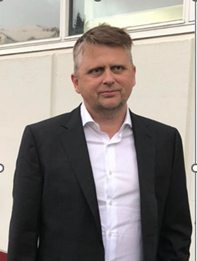
Viðar Ólason Conference Chair
Head of the Department of Surveillance, Directorate of Fisheries in Iceland
Viðar has extensive experience in fisheries and has been with the Directorate of Fisheries since 2016. His primary responsibilities include managing surveillance operations both at sea and in ports, as well as various other inspection-related tasks. Viðar has participated in multiple committees organized by the Ministry of Food, Agriculture, and Fisheries, and has collaborated with various institutions and foreign entities.
With approximately 20 years of experience at sea, he primarily served as a Master or Chief Mate on bottom trawlers. Viðar transitioned from the sea to work in a software company from 2006 to 2016 before joining the Directorate of Fisheries in Iceland.
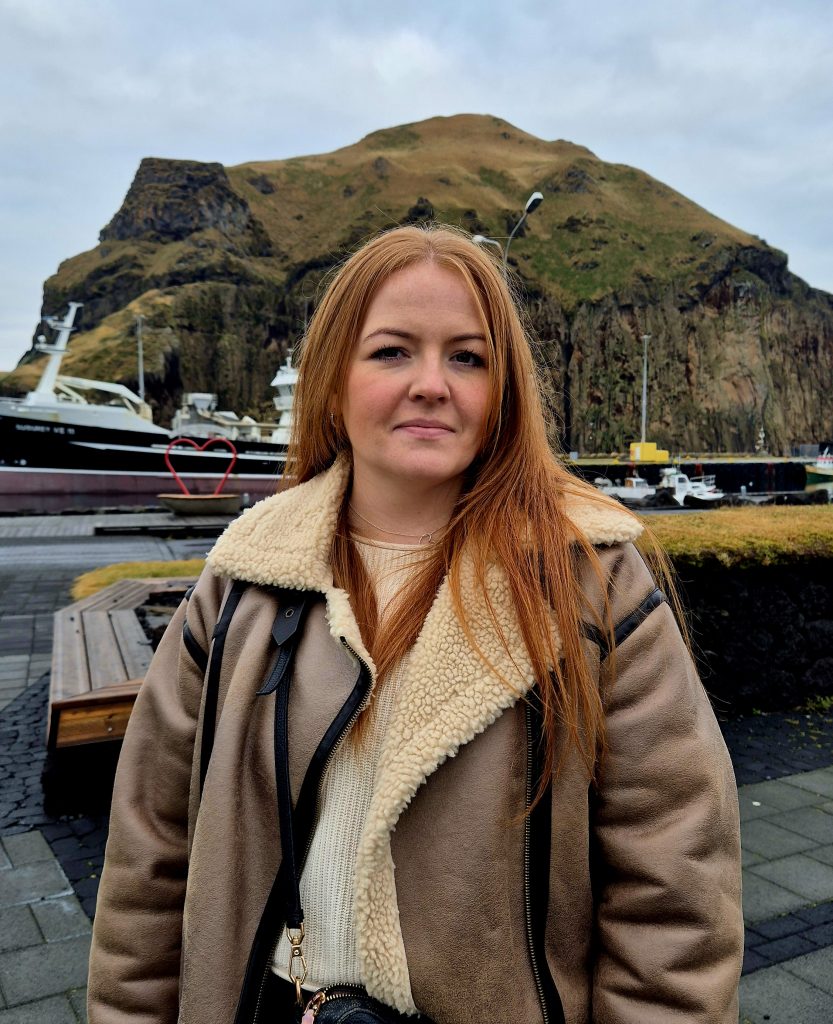
Björg Þórðardóttir
Dep. Head of Electronic Surveillance and Data Analysis at the Directorate of Fisheries in Iceland.
Björg has a degree in fisheries science and a master’s degree in leadership and management. She has worked at the Directorate of Fisheries for five years and is involved in electronic monitoring, operating risk management for the organization’s surveillance aspects, data analysis, and monitoring development.

Isaac Forster
Fisheries and Observer Reporting Coordinator, Commission for the Conservation of Antarctic Marine Living Resources (CCAMLR)
Isaac currently coordinates the CCAMLR Scheme of International Scientific Observation and is responsible for all vessel and observer reporting requirements for CCAMLR fisheries. Isaac has over 20 years’ experience in Antarctic and South Atlantic Fisheries having worked as an observer in the Falkland Island’s Fisheries, and previously as an Antarctic field researcher for the British Antarctic Survey in both terrestrial and marine Antarctic environments. Isaac has also worked extensively on marine policy and planning heading one of five pilot marine projects for the Scottish Government in the Sound of Mull area, and held the position of Steering Committee Chair for the 10th IFOMC in Hobart.
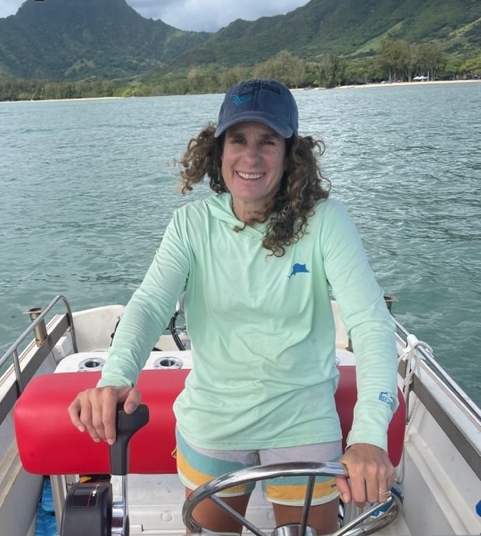
Lesley Hawn
Supervisory Fish and Wildlife Administrator, National Oceanic and Atmospheric Administration, U.S.A.
Lesley began her fisheries career at the Virginia Institute of Marine Science, as a Lab Technician working on the Blue Crab Winter Dredge and Pfiesteria Survey.
In 2001, she began working with NOAA as a Fisheries Observer with the Pacific Islands Regional Observer Program (PIROP) and after three years of excitement at sea, she transitioned to a data debriefer with PIROP. Lesley has held several positions within NOAA Fisheries, such as an Endangered Species Act (ESA) Section 7 consulting biologist where she coordinated with Federal partners to develop strategies to minimize impacts on ESA-listed species.
In 2021, Lesley returned full circle as a co-manager of PIROP, where she oversees how observer data is shared with science and regulatory partners, the development of the PIROP’s eReporting application, and the contract for observer provider services.

Lisa Borges
Dr L. Borges is an independent consultant for her own consulting firm FishFix (www.fishfix.eu).
Lisa has been a fisheries scientist for over 25 years. Lisa graduated in Marine Biology and Fisheries from the University of Algarve, Portugal, and holds a PhD on discards from demersal fisheries from the National University of Ireland. Prior to FishFix, Lisa worked for the European Commission in Belgium, where she developed conservation policies for fish stocks in Atlantic waters. She has worked for fisheries research institutes in Portugal (IPIMAR), Ireland (Marine Institute) and in The Netherlands (IMARES). Lisa has extensive knowledge and experience on auditing fisheries for sustainability certification. Her main area of expertise relates to the environmental impact of fisheries, and specifically on discards and bycatch analysis, management and policy development. She is also a member of the of the Scientific, Technical and Economic Committee for Fisheries of the European Commission.
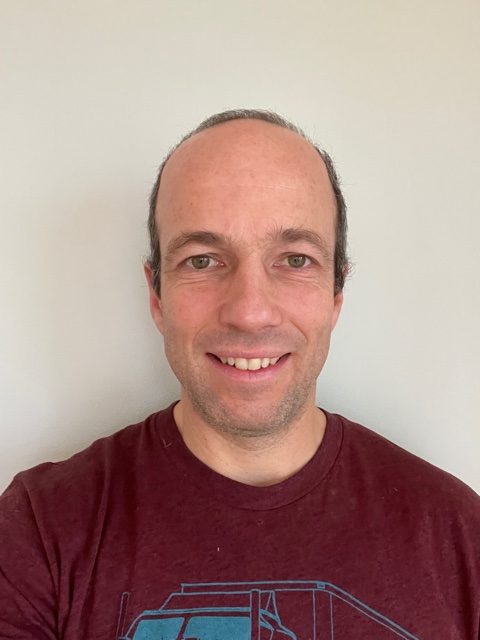
Mark Michelin
Director, CEA Consulting
Mark works on strategic planning for foundations and nonprofits in the climate, energy, and marine conservation sectors.
Mark is the lead technical consultant at CEA and has led a range of analyses including developing emissions and mitigation models for the cooling sector, methane digesters in the agriculture sector, and ocean/climate interventions. Mark was the lead author of the 2018 report, “Catalyzing the Growth of Electronic Monitoring in Fisheries” and a contributing author of the High Level Panel for a Sustainable Ocean Economy’s 2019 report, “The Ocean as a Solution to Climate Change.”
Over his decade plus tenure at CEA, Mark has led numerous strategic planning and research efforts for clients including the Clean Cooling Collaborative, Rare, ClimateWorks, TNC, and the Packard Foundation.

Amy Sierra Martins
Supervisory Fishery Biologist, Deputy Division Chief, National Marine Fisheries Service, U.S.A
Amy Martins is the Deputy Division Chief for the Fisheries Monitoring and Research Division (FMRD) at the Northeast Fisheries Science Center (NEFSC) in Woods Hole Massachusetts, for the National Marine Fisheries Service. As the Deputy Division Chief, Amy works in budget, communications, training, hiring, and contracts and serves as the Facility Director at the NEFSC Technology Park. Amy has worked for the National Marine Fisheries Service since 1991, starting out as an observer on scientific, fishing, and opportunistic research platform vessels. She has a Wildlife Biology and Forestry Bachelor of Science degree from the University of Massachusetts Amherst and a Master of Science degree from the University of Maine Orono, in Wildlife Management.
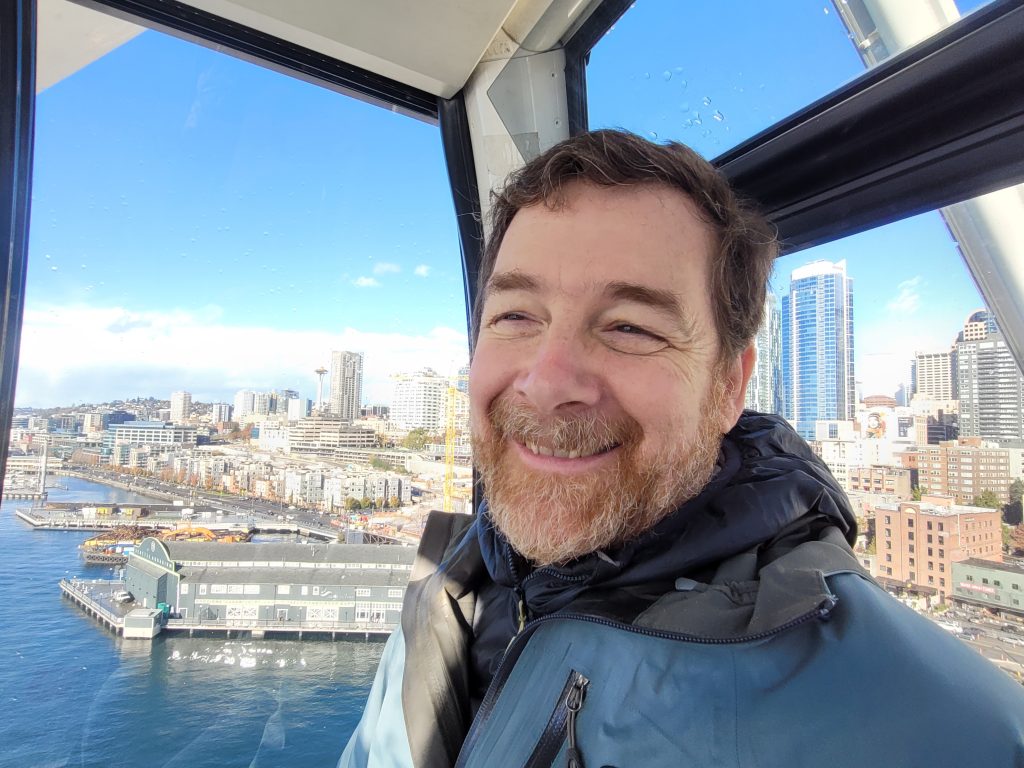
Jason Jannot
Supervisory Research Fish Biologist, National Oceanic and Atmospheric Administration, Seattle, WA, USA
Jason manages the Analytical Services Program, which is part of NOAAs Alaska Fisheries Science Center Fisheries Monitoring and Analysis Division. The Analytical Services Program models, analyzes, and reports on fishery data collected shoreside and at-sea by fisheries observers and electronic monitoring systems in U.S. Federal waters off the coast of Alaska. Previously, Jason has served on NOAAs National Seabird Program Steering Committee, NOAAs Bycatch Reduction Engineering Program, and managed the International Pacific Halibut Commission’s shoreside fishery data collection, analytics, and aging programs. From 2010-2022, Jason worked as a data analyst for NOAAs Northwest Fisheries Science Center where he conducted research on fisheries bycatch. Jason began his fisheries career as an at-sea observer on commercial fishing vessels in the Bering Sea and Gulf of Alaska in the early 1990’s. You can read more about Jason at his website.

John LaFargue
Coordinator, West Coast Groundfish Observer Program, U.S.A
John recently left NOAA Fisheries as a coordinator for the West Coast Groundfish Observer Program. He oversaw the deployment and safety of groundfish observers along the west coast of America. He has close to three decades experience in four different observer programs and has been involved with observer safety & training for 25 years. John is currently focusing on his ocean themed clothing company Migration Clothing and gearing up to commercial lobster this fall.
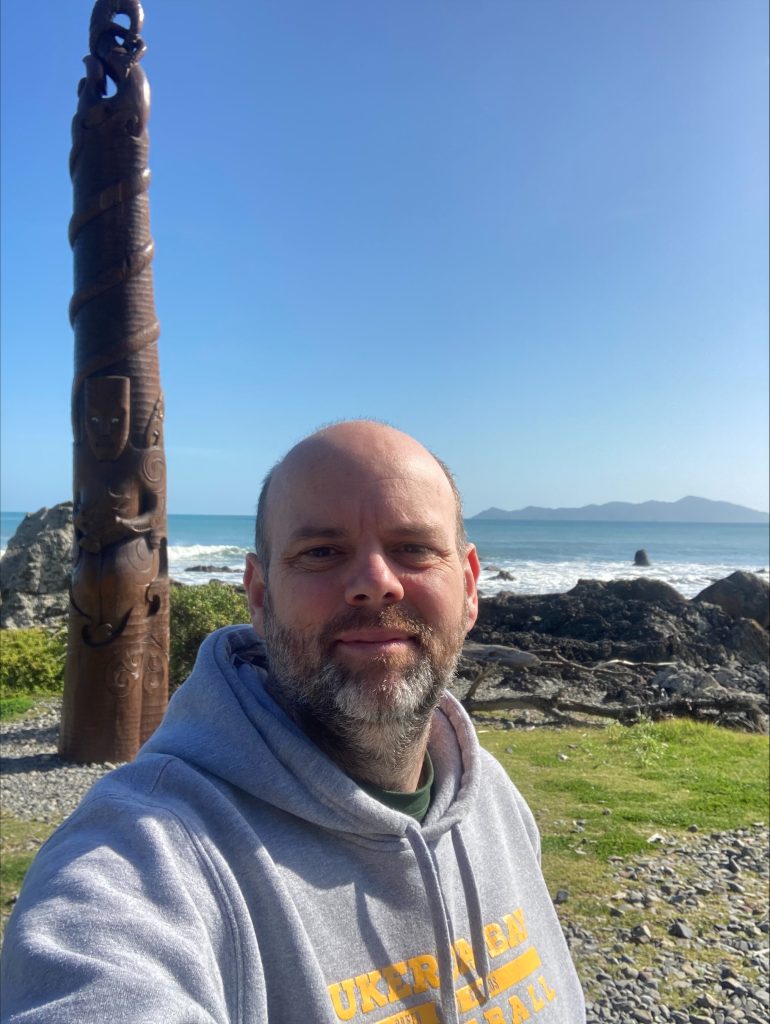
Justin Clement
Justin is Fisheries New Zealand’s Principal Advisor for Verification and Operations.
He has managed New Zealand’s Fisheries Observer Programme and its Electronic Monitoring team. Justin has over 15 years experience with at sea monitoring programmes starting as a fisheries observer in pelagic fisheries. Justin has multiple degrees in aquatic ecology and resource management.
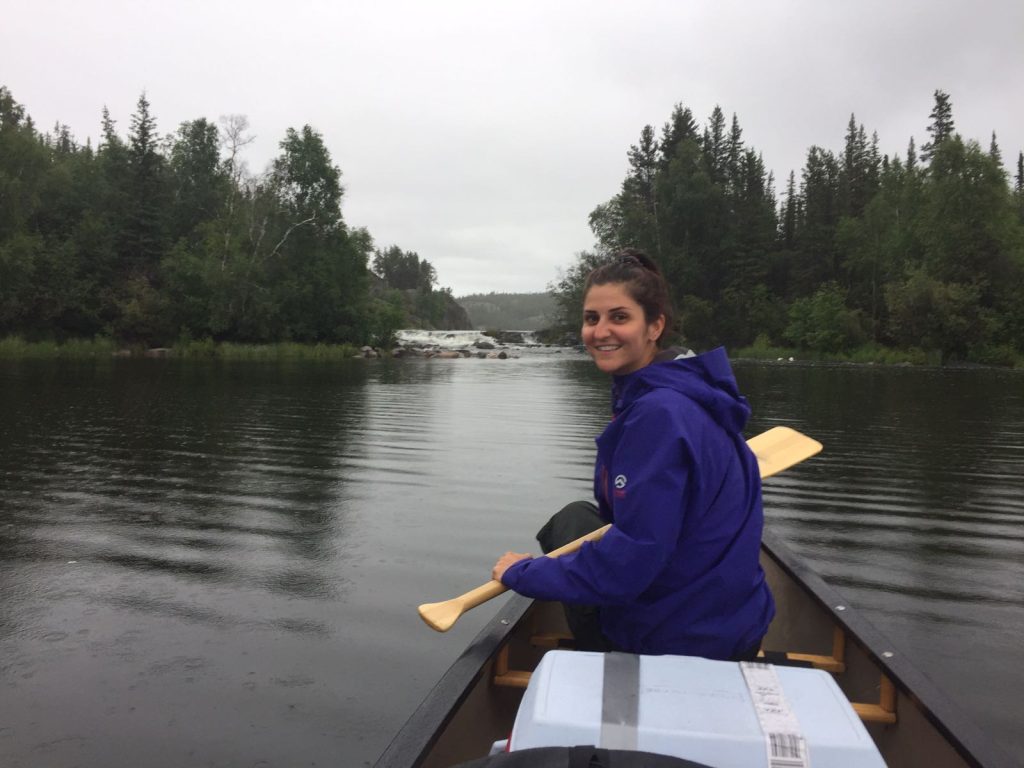
Amanda Leaker
Senior Compliance Program Officer, Department of Fisheries and Oceans Canada
Amanda is the National Program Manager for the At Sea Observer and Dockside Monitoring Programs for the Conservation and Protection branch of the Department of Fisheries and Oceans Canada, providing strategic guidance, oversight and policy direction on the programs. Amanda spent the first half of her career as a Fishery Officer posted to Canada’s Arctic where she conducted patrols monitoring compliance across land, sea and aerial based platforms. She conducted a variety of monitoring activities on multiple different fisheries including marine mammal harvests on the Arctic coast, aquaculture inspections on the Pacific coast, and commercial fishery compliance monitoring on Canada’s Atlantic coast. She now works for National Headquarters managing and coordinating the National Observer and Species at Risk programs. Amanda holds a Bachelor’s degree in Environmental Geography from Simon Fraser University in Vancouver, Canada.
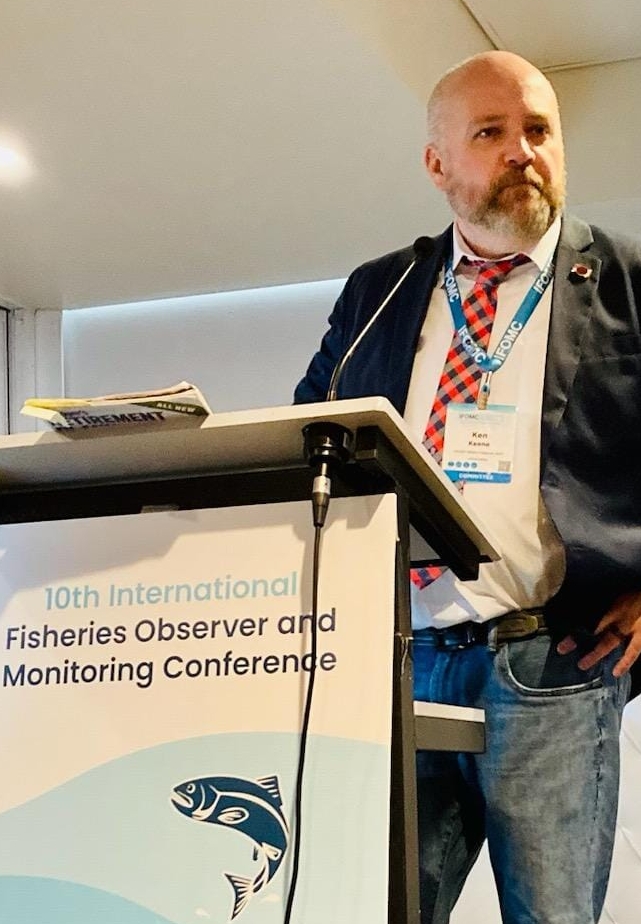
Ken Keene
National Observer Program Coordinator
NOAA Fisheries Headquarters, U.S.A
Ken brought approximately 20 years of experience working with NOAA Fisheries observer programs when he joined the Office of Science and Technology in January 2021. As the National Observer Program (NOP) Coordinator, Ken is responsible for strategizing the national efforts in support of the regional observer programs. Improvements in data collection, observer training, resource prioritization, safety, recruitment/retention, and the integration of observer data with other research are among the priorities that the NOP works to achieve at the national level. The NOP is also working to enhance commercial fisheries monitoring by evaluating the tools that best meet the objectives of NOAA’s mission, including human observers and electronic technologies.

Luis Cocas
Coordinator Observer and Bycatch Programs
Undersecretariat for Fisheries and Aquaculture
Chilean Government
Luis is a Marine Biologist, with more than 24 years of experience in fisheries science and management, acquired through his work with local and foreign universities, as well as with private and government agencies. Stands out his work as a fisheries observer for NOAA’s North Pacific Groundfish Observer Program in the Bering Sea, between 2003 and 2011.
Currently Luis coordinates both, the Observer and the Bycatch Reduction Programs at the Undersecretariat for Fisheries in Chile where he has led the implementation of improvements in regulation, training and certification for observers, in addition to the incorporation of new monitoring technologies such as EMS. He is also a member of IWC’ Bycatch Expert Panel.
Luis has been an active participant of the Conference a speaker and being member of the Steering Committee of the 7th, 9th,10th and 11th versions of the IFOMC.
